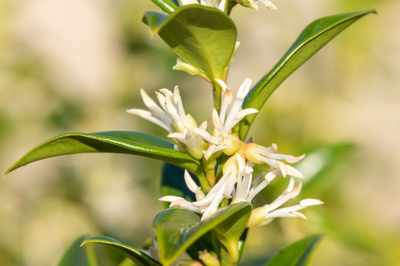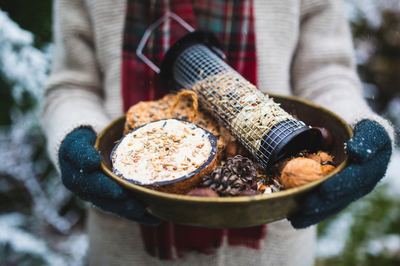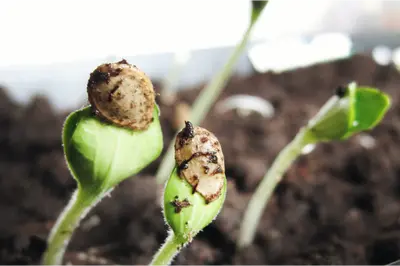How to Prune Shrubs
The question of how to prune shrubs is frequently asked of gardeners everywhere. Pruning can seem daunting, but the good news is that most shrubs will recover from a good prune, but it is essential to know when to do it. These tips will ensure you know how to prune some of the most common shrubs to help you out. It’s also important to only prune or trim when there are no nesting birds.

What Is Pruning?
Pruning ensures your plants thrive and grow in good shape and size. It also helps air flow through the plant, making it less likely to become diseased. Pruning can seem complex as there are various pruning methods used for different plants, and keeping on top of it makes the task much easier and less time-consuming. Use pruning shears to get this job done. You will find lots of different pruning shears at our garden centre. Wondering what garden tools you need? Ask our friendly employees!
Pruning Hedges
Pruning is usually ‘formative’ in the early years, which is all about creating a good shape. Evergreens can have formative pruning during spring for two years after planting and a light trim in summer. For deciduous hedging, a light trim in the summer is welcome, and formative pruning for two years after planting during the winter months.
Pruning Flowering Shrubs
If the shrub has flowers on new wood each year, you can prune it from winter to early spring. If flowering is on old wood, they need to be pruned after the flowers have faded. If you leave this too late, it might negatively impact the number of flowers for the following year. Any questions about how or when to prune your plant? Please ask our staff at the garden centre for help.
Common Shrubs That Need Pruning
- Forsythia needs very little pruning when young. As it grows, prune after flowering during mid-spring each year. Remove any dead, diseased, or damaged growth plus anything overcrowded throughout the centre of the shrub, then cut about one-third of the older branches low down to the ground.
- Buddleja (Butterfly bush) needs to be pruned hard to keep it under control, in good shape, and produce many flowers for butterflies. Prune as it is coming into growth in early spring. Prune back at least half of the growth from the top, then work around from the bottom, removing all dead, diseased, damaged, and crossed-over stems. Cut back to 60cm for an ultimately taller shrub or 30cm for something a bit more compact.
Hydrangea pruning or deadheading depends on which one you are growing:
- Hydrangea macrophylla (Mophead) only needs light pruning in late spring. Simply deadhead the old flower heads and remove dead, diseased, or damaged stems.
- Hydrangea macrophylla (Lacecap) can be deadheaded in fall or spring, but leaving the flower heads on over winter gives lovely garden interest for you and wildlife.
For further pruning advice and tools, visit us in store.
Have more questions? Visit your local Buckerfield's and we'll be happy to help!



